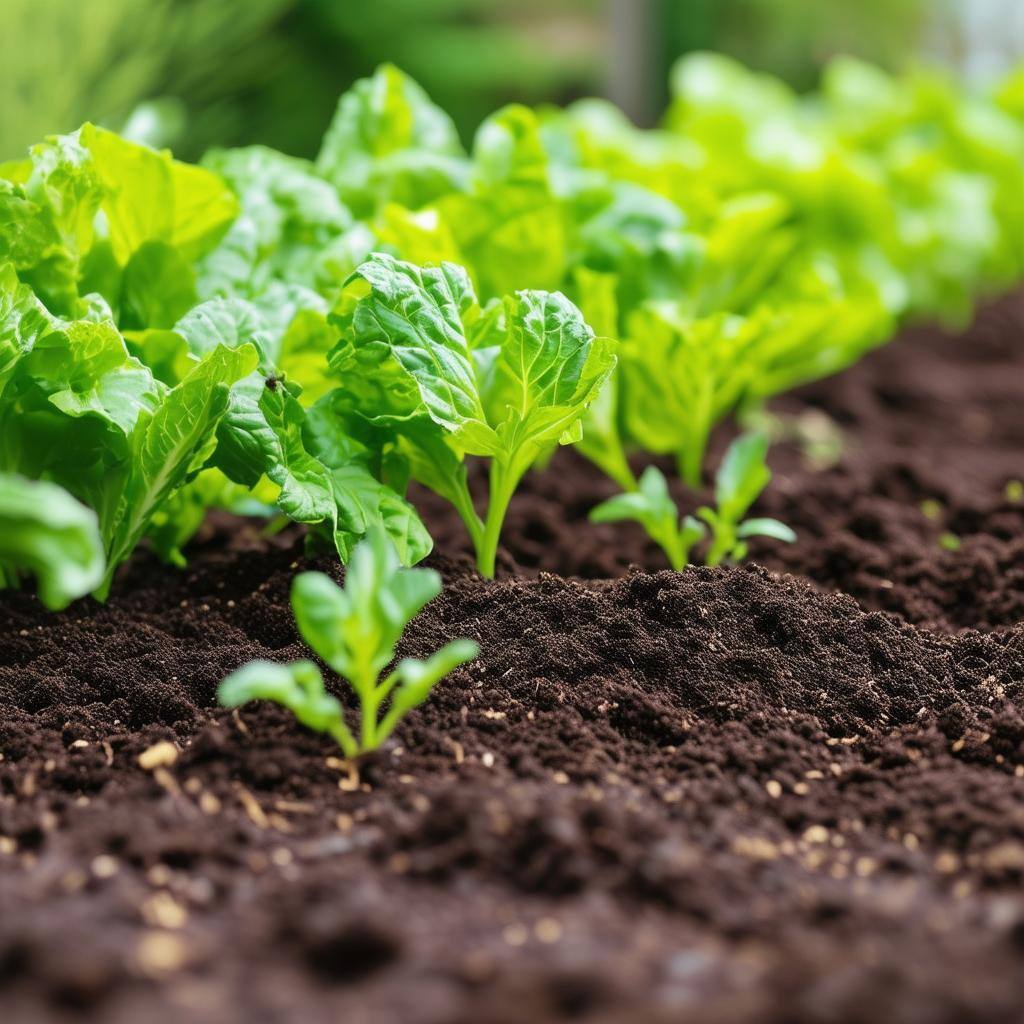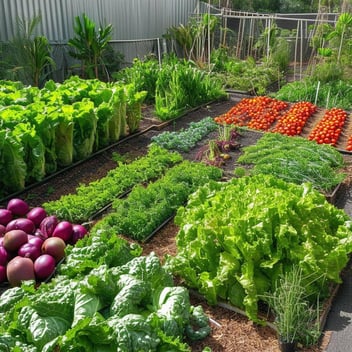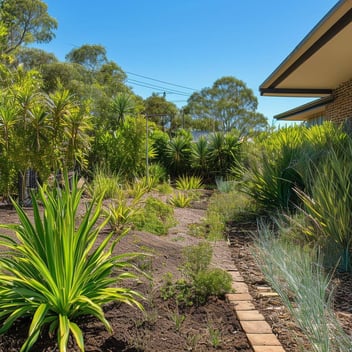SEQ Gardening: How to Test and Improve Your Soil
Introduction
In the verdant landscapes of South East Queensland (SEQ), the vitality of your garden is intrinsically linked to the health of its soil. A robust soil foundation not only nurtures plant growth but also fortifies resilience against pests and diseases. However, SEQ gardeners often grapple with challenges such as sandy terrains, heavy clays, and fluctuating pH levels. Understanding how to test and ameliorate your soil is paramount to cultivating a thriving garden.
Identifying Soil Types in SEQ
SEQ's diverse topography gives rise to various soil types, predominantly sandy soils along coastal areas and clay-rich soils inland. To ascertain your soil type, perform a tactile test: moisten a handful of soil and attempt to form a ball. Sandy soil will crumble, while clay soil retains its shape. Recognizing your soil's composition is the first step toward effective management and enhancement.
Testing Soil pH Levels
Soil pH profoundly influences nutrient availability and microbial activity. Most plants flourish in slightly acidic to neutral soils (pH 6.0-7.0). Utilize a pH testing kit or digital meter to determine your soil's acidity or alkalinity. Collect samples from various garden sections, mix them, and test the composite for an accurate reading. Regular monitoring enables timely adjustments, ensuring optimal growing conditions.
Assessing Soil Nutrient Content
Essential nutrients—nitrogen (N), phosphorus (P), and potassium (K)—are vital for plant health. Conducting a comprehensive soil test through a reputable laboratory provides insights into nutrient levels and deficiencies. This analysis guides the precise application of fertilizers, preventing overuse and environmental harm. In SEQ, where soils may be leached of nutrients due to heavy rainfall, such assessments are particularly beneficial.
Improving Soil Structure
Soil structure affects root penetration, water infiltration, and aeration. Compacted soils hinder plant development and exacerbate erosion. Incorporating organic matter, such as compost or well-rotted manure, enhances aggregation and porosity. For clay soils, adding gypsum can ameliorate compaction without altering pH. Regularly aerating the soil through tilling or using garden forks further alleviates compaction.
Amending Soil pH
Adjusting soil pH ensures nutrient availability aligns with plant requirements. To raise pH in acidic soils, apply agricultural lime at recommended rates based on soil test results. Conversely, to lower pH in alkaline soils, incorporate elemental sulfur or acidifying organic materials like pine needles. Implement changes gradually, retesting the soil periodically to monitor progress.
Enhancing Soil Fertility
Augmenting soil fertility involves replenishing nutrients and sustaining organic matter. Utilize organic fertilizers, such as blood meal or bone meal, for slow-release nutrient supply. Inorganic fertilizers offer immediate nutrient availability but require careful application to prevent leaching. Practices like crop rotation and planting cover crops, such as legumes, enrich the soil by fixing atmospheric nitrogen and adding biomass.
Water Management Practices
Efficient water management is crucial in SEQ's variable climate. Implement drip irrigation systems to deliver water directly to the root zone, minimizing evaporation. Mulching with organic materials conserves moisture, regulates soil temperature, and suppresses weeds. Regularly monitor soil moisture levels to adjust irrigation schedules, ensuring plants receive adequate hydration without waterlogging.
Encouraging Beneficial Soil Organisms
A thriving soil ecosystem teems with microorganisms that decompose organic matter, cycle nutrients, and suppress pathogens. Avoid excessive use of chemical pesticides and fertilizers that disrupt microbial communities. Incorporate diverse organic materials to provide habitats and food sources for beneficial organisms. Practices like reduced tillage preserve soil structure and foster a balanced ecosystem.
Conclusion
Testing and improving your soil are fundamental to successful gardening in South East Queensland. By understanding soil types, monitoring pH and nutrient levels, enhancing structure and fertility, managing water effectively, and promoting beneficial organisms, you lay the groundwork for a resilient and bountiful garden. Embracing these practices not only elevates your gardening experience but also contributes to the ecological health of the region.




